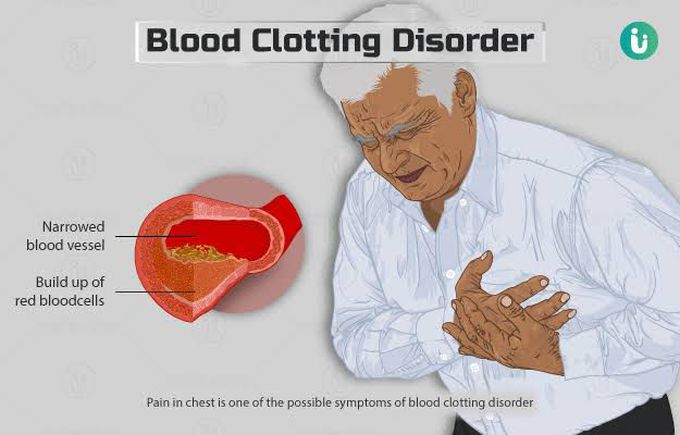


Treatment of blood clotting disorder
In most cases, you only need blood clotting disorder treatment when a blood clot develops in a vein or artery. Anticoagulants decrease your blood’s ability to clot and prevent additional clots from forming. Anticoagulant medications include: Aspirin. Warfarin (Coumadin® or Jantoven®), a tablet you swallow. Heparin, a liquid medication you get through an IV in your vein or from an injection in the hospital. Low-molecular weight heparin, an injection you get once or twice a day. You can take it at home. Fondaparinux, an injection. Direct oral anticoagulants (tablets) such as rivaroxaban, apixaban or dabigatran. Your healthcare provider will talk to you about the benefits and risks of these medications. This information, along with your diagnosis, will help determine the type of anticoagulant medication you will take, how long you will need to take it, and the type of follow-up monitoring you need. As with any medication, it’s important to know how and when to take your anticoagulant according to your provider’s guidelines and to have frequent blood tests. You shouldn’t take warfarin if you're pregnant or planning to become pregnant. If you are, ask your provider about switching to a different type of anticoagulant medication, especially during the first trimester and before delivery.

